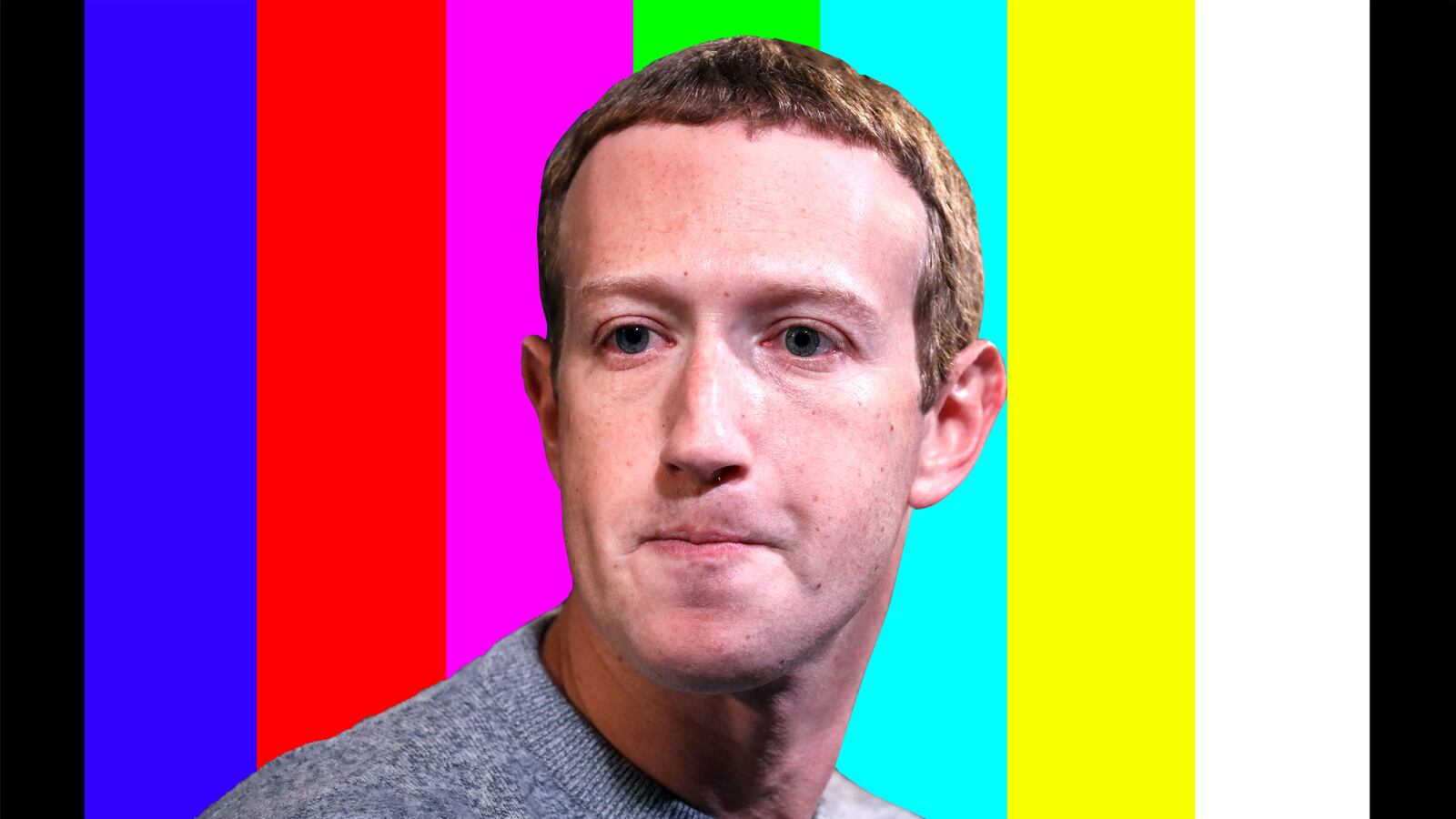We might not have learned much from the Facebook Oversight Board’s punt this week on former President Donald Trump, but we did find out something: how utterly disingenuous Facebook has been on enforcement of its rules on hate speech.
The social media giant, it turns out, never did have a strong system in place to deal with people like Trump. For years, New York Times writer Kara Swisher tells co-host Molly Jong-Fast on the latest episode of The New Abnormal, the company explained not banning Trump by saying, “‘He’s newsworthy.’ Turns out newsworthy was never an element of the decision-making. They just decided not to get rid of him when he violated the terms. They just were doing it haphazardly and catch-as-catch-can, which is what I always suspected.”
Mark Zuckerberg, Swisher says, “made this thing. He doesn’t want to have responsibility for it and he doesn’t want to fix it. And he wants to hand it off to other people. And then give us a speech about free speech, which is like, give me a break.”
But even though it’s infuriating that incredibly rich and powerful companies like Facebook are playing the victim now, their failures to deal with hate speech are not their fault, Swisher says.
“It’s the fault of our Congress, who actually has power to act in some way, are regulators. They do it in Europe, they do it across the world. And these are U.S. companies, and they need to find a way to preserve capitalism and innovation at the same time, say ‘enough is enough’ controlling all these markets and being irresponsible around hate speech.”
Also in the show, New Yorker staff writer Patrick Radden Keefe talks about his new book, Empire of Pain: The Secret History of the Sackler Family.
Keefe talks about writing the book and what may lie behind the Sacklers’ denials of their culpability for the opioid crisis. More striking to him than the family’s greed, he says, is “a kind of stubbornness, a sort of stubborn refusal to ever acknowledge that you might’ve hugely fucked up.”
“I don’t know that I mentioned Trump at all in the book, but one thing I did think about again and again, and this is particularly true of the Sacklers now, is that it’s a real hazard, I think, when you’re a billionaire that you’re surrounded by all these people whose livelihood depends on, like, laughing the hardest at your bad joke. There is a kind of strange sense in which I think over time that can make you delusional.”
Finally, the economist and editor of The Black Agenda Anna Gifty explains why if we center economic policies on Black women, then “everybody inevitably benefits.” Plus, what she thinks of Janet Yellen and how the 2008 economic crisis might have been averted had Black and brown economists’ warnings been heeded.
Listen to The New Abnormal on Apple Podcasts, Spotify and Stitcher.






